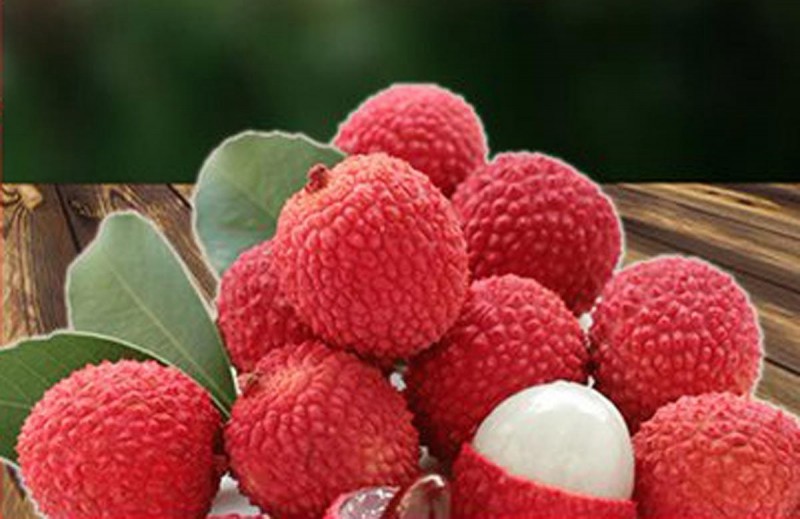
Litchis, with their enticing sweetness and juicy texture, are a favorite summer fruit for many. Packed with vitamins, minerals, and antioxidants, they seem like the perfect addition to a healthy diet. However, like many things in life, moderation is key.
Unveiling the Disadvantages
1. Hypoglycemia Hazard (H1)
While litchis are a delicious treat, they can wreak havoc on blood sugar levels, particularly when consumed excessively. Litchis have a high sugar content, which can lead to a sudden spike in blood glucose levels, followed by a rapid drop, causing hypoglycemia. This can be especially concerning for individuals with diabetes or those prone to blood sugar fluctuations.
2. Acute Encephalopathy (H1)
Perhaps the most alarming downside of litchi consumption is its association with acute encephalopathy, particularly among children. Studies have linked the consumption of unripe or under-ripe litchis to a condition known as "litchi syndrome," characterized by hypoglycemia and encephalopathy. This condition has been observed primarily in regions where litchis are extensively cultivated and consumed.
3. Toxicity Concerns (H1)
Litchi seeds contain compounds such as methylene cyclopropyl-glycine (MCPG), which can be toxic when consumed in large quantities. Ingesting excessive amounts of litchi seeds may lead to symptoms of toxicity, including vomiting, nausea, and even seizures in severe cases.
4. Dental Dilemma (H1)
The high sugar content in litchis not only poses a risk to blood sugar levels but also to dental health. Frequent consumption of sugary fruits like litchis can contribute to tooth decay and cavities, especially when proper oral hygiene practices are not followed.
5. Allergic Reactions (H1)
While relatively rare, some individuals may experience allergic reactions to litchis, ranging from mild itching and swelling to more severe symptoms such as difficulty breathing and anaphylaxis. Anyone with a known allergy to similar fruits should exercise caution when consuming litchis.
Mitigating the Risks
While the disadvantages of excessive litchi consumption are cause for concern, enjoying this delectable fruit in moderation can still be part of a healthy diet. By practicing moderation and being mindful of portion sizes, individuals can reap the nutritional benefits of litchis without falling victim to their potential drawbacks.
Litchis, with their tantalizing taste and nutritional benefits, can be a delightful addition to summer meals and snacks. However, it's essential to be aware of the potential disadvantages associated with excessive consumption, including blood sugar fluctuations, acute encephalopathy, toxicity concerns, dental issues, and allergic reactions. By enjoying litchis in moderation and being mindful of individual health conditions, one can savor the flavor of this tropical fruit without compromising well-being.
What kind of diet should a cancer patient follow after chemotherapy, know what the experts say
How Much Milk Should Women Drink During Pregnancy?
Parenting Tips: How should a mother-daughter relationship be?